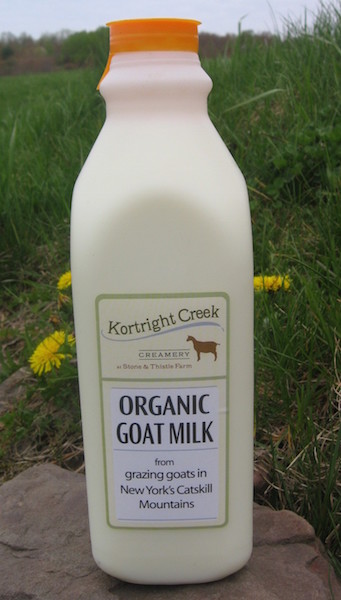Call it the locavore’s dilemma. Demand for the handcrafted and homemade is spiking faster than your blood sugar after a Liddabit maple lollipop. But aspiring edible entrepreneurs have a hard time getting funding from conventional sources like banks, who regard their pro pickle or pastry plans as pie-in-the-sky. And since they’re for-profits, they aren’t typically candidates for philanthropy. But they’re a perfect fit for backers who’d rather invest in CSAs than CDOs.
That’s where Slow Money comes in. The grassroots organization’s mission is to create new ways of funding local, sustainable food and agriculture companies—think of it as finance for Slow Food. There is a national nonprofit entity, but most of the activity takes place through the dozens of regional Slow Money chapters around the country, and Brooklyn’s is buzzing.
In less than a year, Slow Money’s NYC outpost has grown from its humble beginnings at a craft-beer-fueled Park Slope potluck to a formidable organization boasting more than 180 members. In May, the group—led by Derek Denckla, founder of Farm City—hosted an Entrepreneurs Showcase. Ten ambitious little food firms—culled from nearly 50 applicants—pitched their plans to a gathering of enlightened investors who want their money to do good while doing well.
The companies ranged from startups in need of seed funding—such as Brooklyn Bouillon, which makes delicious stocks and demi-glaces from sustainably raised meats—to established favorites looking to expand, like Williamsburg restaurant Egg, which is opening a sister eatery, and organic upstate heirloom grain grower Cayuga Pure Organics, which has designs on building a facility to make rolled oats.
The event felt more like a matchmaker’s mixer than a money meeting, but the ultimate goal was business. Some presenters, such as the Catskills-based Kortright Creek Creamery, which wants to build an on-farm bottling facility for their own organic goat’s milk and for other area family dairies, left optimistic about initial discussions with interested investors.
All the entrepreneurs said they gained valuable connections and insights. “It really opened my eyes to the resources in the region I have yet to tap,” said Brooklyn Bouillon founder Rachael Mamane. “In some ways that’s more valuable than the funding.”
Photo credit: Denise Warren and Nicole Reed.



